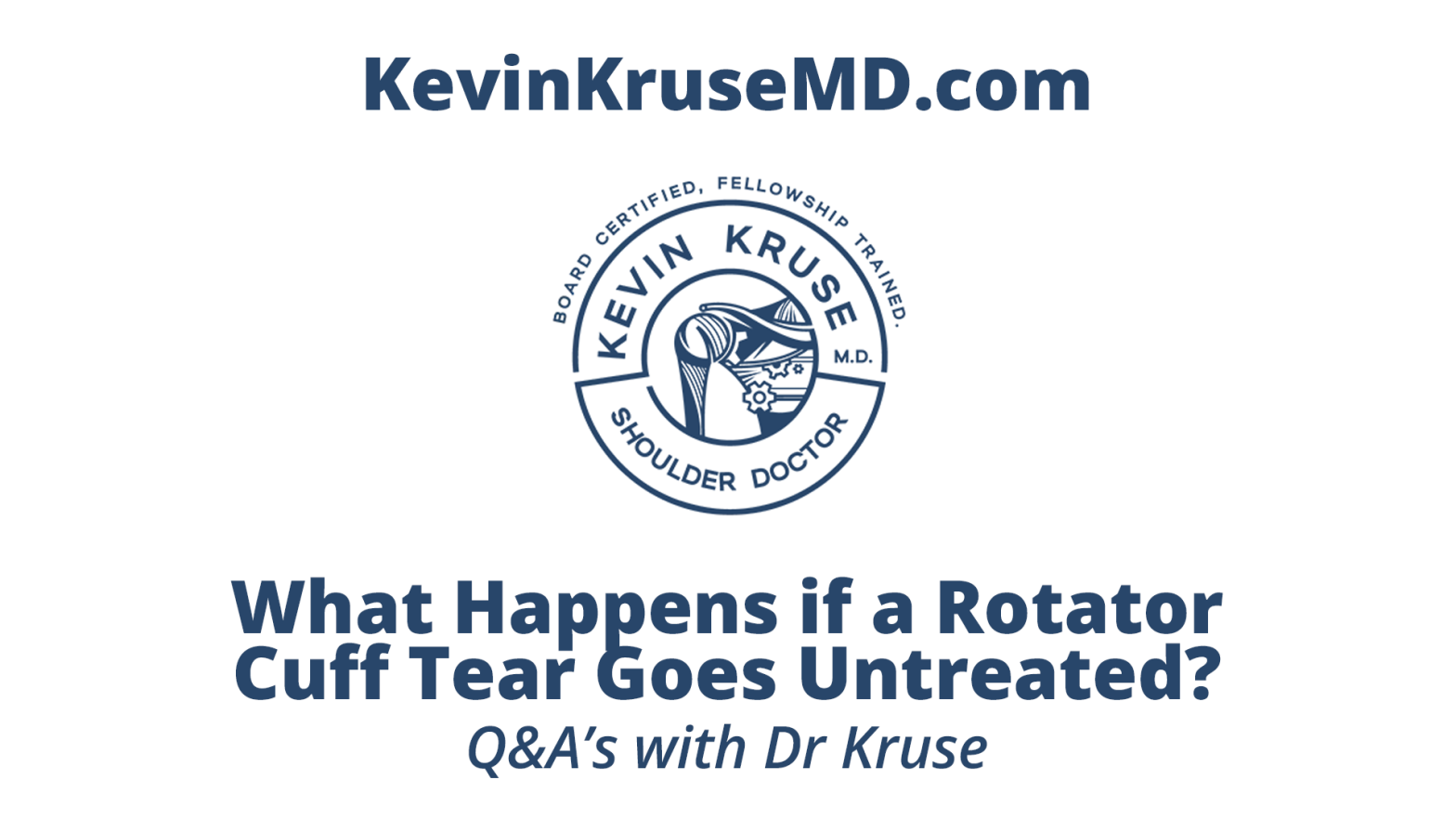
Navigating the Decision to Treat Rotator Cuff Tears
The Dilemma of Untreated Rotator Cuff Tears
A common concern among patients is understanding the consequences of leaving a rotator cuff tear untreated. This is an important question, especially for those who have been experiencing shoulder pain and have been diagnosed with a torn rotator cuff, typically through MRI or ultrasound imaging.
The Surgical Perspective and Alternatives
Often, the first recommendation from many orthopedic surgeons is surgery. The fear is that a small tear (like 1 cm) could expand to a larger one (2 to 4 cm), leading to tendon retraction. I liken the rotator cuff to an accordion: it’s a group of four muscles transitioning to a tendon. If it tears and stays retracted for too long, extending it back to its original state might become impossible.
However, experience and deeper understanding of rotator cuff tears reveal that not all tears require immediate surgery. Smaller tears, particularly those without significant retraction, can often be managed with observation and rehabilitation.
When to Consider Surgery
The decision becomes more complex with larger tears (2 to 3 cm), especially those involving specific parts of the rotator cuff and exhibiting retraction. In such cases, delaying treatment could make future repair more challenging and less likely to yield a fully functional shoulder.
It’s not just about the size and condition of the tear, but also the patient’s symptoms. Some individuals with small tears experience significant pain despite physical therapy, prompting the choice to undergo surgery. For larger tears, I generally recommend repair if feasible.
The Key Factors in Decision-Making
- Size and Severity of the Tear: Smaller tears with minimal retraction might be safely monitored, while larger, more complex tears usually require surgery.
- Patient Symptoms: The level of pain and impact on quality of life are critical in deciding whether to opt for surgery.
- Expertise: It’s essential to consult with a shoulder specialist who understands the nuances of rotator cuff tears and can guide the decision-making process effectively.
Conclusion
The decision to treat a rotator cuff tear, whether surgically or non-surgically, depends on multiple factors. While some patterns of tears do necessitate repair to prevent irreparable damage, this is not the case for all tears. Understanding the specific circumstances of each patient’s condition is key to making an informed decision.
This blog post is based on a video transcript and has been edited for clarity and readability.